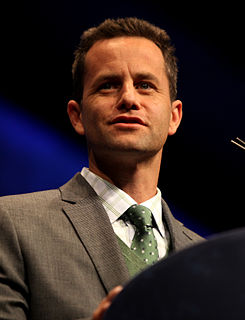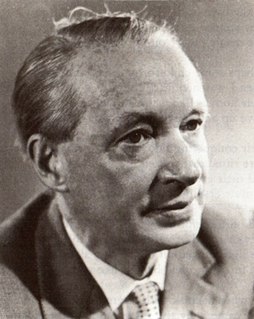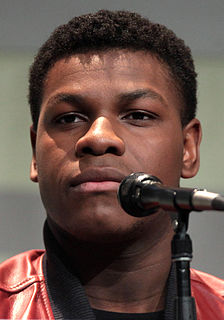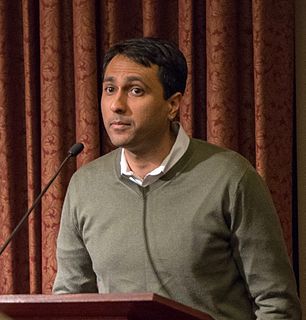A Quote by Nancy Pearcey
A worldview is not the same things a formal philosophy, otherwise it would only be for philosophers. Even ordinary people have a set of convictions about how reality functions and how they should live. Some convictions are conscious while others are unconscious but together they form a consistent picture of reality.
Related Quotes
It is the philosophers, theologians, and evangelists who are said to be filled with pride and bigotry due to the strong convictions that they represent. On the contrary, teachings can be either taken or dismissed; whereas voting is the only thing the average person can do to force everyone to live how they would prefer. A simple vote is among the largest yet most acceptable forms of bigotry, and that is because people play the card only when they feel that in doing so it conveniences themselves.
In a way, literature is true than life,' he said to himself. 'On paper, you say exactly and completely what you feel. How easy it is to break things off on paper! You hate, you shout, you kill, you commit suicide; you carry things to the very end. And that's why it's false. But it's damned satisfying. In life, you're constantly denying yourself, and others are always contradicting you. On paper, I make time stand still and I impose my convictions on the whole world; they become the only reality.
We have a problem with several media taking only a part of the reality and not the whole picture. Some media in the world are more critical towards what's happening than others. It depends on the journalist, it depends how much information they have about the case and which perspective they are asking you from. All of these things can play a role.
My greatest influences are actually probably a set of different teachers. And these teachers, most prominently at my high school, but also a few others, helped kind of instill in me, thinking thoughts about how life is meaningful in terms of how we all kind of live in a network of people and how you interact with those people is part of what makes life essentially meaningful and then kind of concepts to think about, how do you add value to other people's lives? How do they add value to yours? And how do you kind of form a community together in the network?
A social entrepreneur is somebody who knows how to make an idea reality, and one of the great ideas of our time is pluralism. Can people from different backgrounds live together in mutual peace and loyalty? And what we need is a generation of young social entrepreneurs who know how to make that great idea reality in an historical moment where religious extremists are, frankly, making their idea reality.
If you have a faith, it is statistically overwhelmingly likely that it is the same faith as your parents and grandparents had. No doubt soaring cathedrals, stirring music, moving stories and parables, help a bit. But by far the most important variable determining your religion is the accident of birth. The convictions that you so passionately believe would have been a completely different, and largely contradictory, set of convictions, if only you had happened to be born in a different place.
The process [of mass-media deception] has to be conscious, or it would not be carried out with sufficient precision, but it also has to be unconscious, or it would bring with it a feeling of falsity and hence of guilt.... To tell deliberate lies while genuinely believing in them, to forget any fact that has become inconvenient, and then, when it becomes necessary again, to draw it back from oblivion for just so long as it is needed, to deny the existence of objective reality and all the while to take account of the reality which one denies all this is indispensably necessary.


































